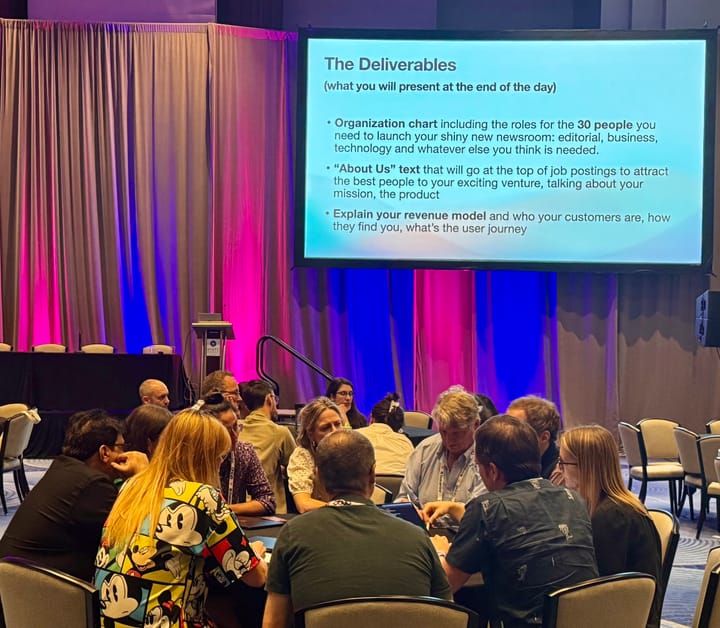Hackathon Tips

After 15 years of running hackathons, here are some of our advice and best practices:
Decisions, Decisions!
- Pick a theme. Mobile, New York City, geolocation? The more narrow a theme, the smaller a crowd you will likely attract. But you might be okay with that, because they will be focused.
- One-day or two-day hackathon? One day seems less intimidating and takes less resources, but you can get less done and the projects by their nature are more modest. If you are doing a weekend two-day hackathon, 24-hour or late-night access is ideal. It’s good to strive for that, even if people are not going to stay all night.
- Free or not free? Free will certainly attract more people, if you can afford it because you have food costs covered, but it will also have a higher flake rate. A good hackathon, which seems serious and intense, can charge some modest fees. Especially if it is clear to cover food costs. You should be willing to comp students. Our hackathons have varied in price, from free up to $25.
- Prizes or no prizes? Certainly some form of prizes can’t hurt, though it takes effort to assemble them. Our high-end prizes for us have been $500 cash prize and Xboxes 360 thanks to a sponsor. We have also offered glory, that is chance to be on the local NPR show. Maybe some fun schwag bag is enough to keep more people entertained. We have also given away rewards to people who stayed all night.
- Get a good space. The space is key, just like in a party. Gives a good vibe.
Promotion
- Make it seem fun. A hackathon is meant to be a collective social creative experience, not work. In the same way you want to make a party seem fun, you want to make a hackathon seem fun. Lots of energy. Good food. Good space.
- Reach out to developer groups: Python, Django, WordPress, Ruby. Over Meetup. Developers surface from the strangest places.
- Recruit designers/front end folks. You need these guys to make everything pretty. Don’t overlook them.
Costs and Money Stuff
- Space. Sometimes you can get the space donated for free. Sometimes you have to pay costs if you want to stay open all night because of security/staffing etc.
- Finding sponsors. Once you have one sponsor who can cover base costs, it’s easier to find others to jump in if they know the hackathon is definitely going to happen. If they can’t give cash, sometimes they will cover food. Logistically, often times it’s easier if one of their employees just pays for it and expenses it, rather than issuing a purchase order or receipt.
Logistics
- Presentations are key. This is probably the most communal, fun part. Everyone should present even if project is not completely finished. It’s about the ideas. Most projects are not finished.
- Lots of coffee in the morning, and then later at night. Keep the coffee flowing. It’s their fuel. Don’t bother ordering decaf.
- Powerstrips and extension cords. Make sure you have lots of them, especially since teams are often plugging into the same cord.
- Make a screensaver slide with the logos of your sponsors on the projection screen. That way, any shots that are taken of the hackathon will have the sponsors in the pic, and they will be happy.
- Create an open-editable Google doc where people can volunteer ideas or skills ahead of time. Seed it so it’s not empty.
- Side demos? We had some popular ones, introductions of APIs from Bit.ly and StreetEasy, a NYC-real estate site. Though if you have talks, consider that people, if they are hacking, might not go, which could be awkward. Consider having office hours instead or people floating around to help.
- Blog! Make sure to create a blog post, preferably with screen shots, of the projects that presented. This is your record of the hackathon. Make sure to give shoutouts to any sponsors
- Data? APIs? Ask people if they have data sets that they have available to bring to work with.



